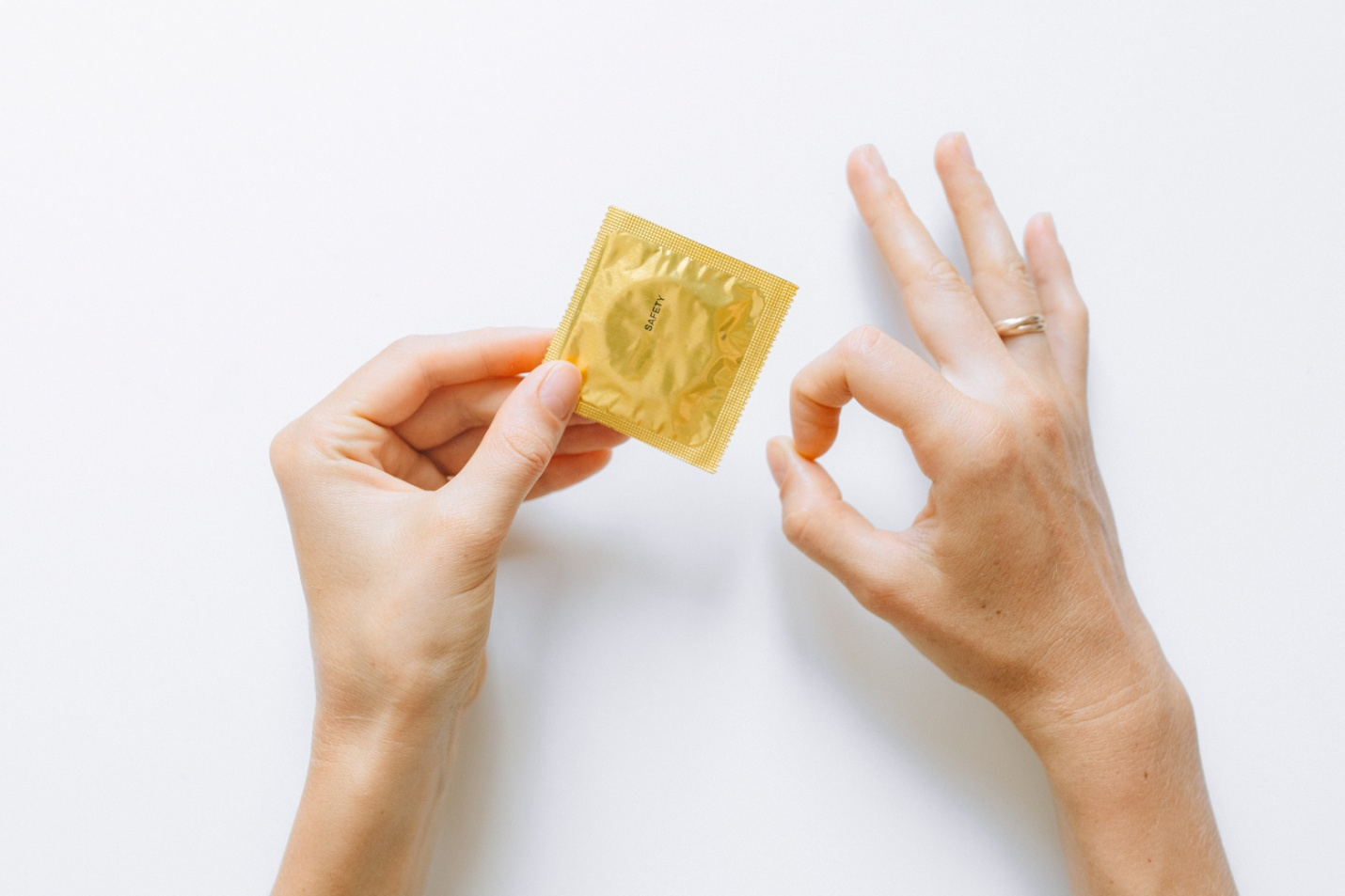A Complete Guide To Birth Control Pills
While condoms are an effective way to prevent pregnancy, they may still fail you. The best way to go about enjoying sexual intercourse when you don't want to risk a pregnancy is to use birth control pills according to a doctor's prescription. The double protection of a condom and a birth pill makes sex safer and more relaxed for people who don't want to contract an STD or conceive.

Birth control pills are a type of contraceptive that are taken orally. Other methods of contraception include IUD implants , vaginal rings and the patch. But birth control pills have to be the most common way of using a contraceptive. An online doctor can recommend birth control pills and prescribe the right dosage.
Those who want to learn more about birth control pills can benefit from this brief guide. Here are the different types of birth control pills.
Types Of Birth Control Pills
Some common birth control pills that they may or may not have hormones in them include.
1.Combination pills
A combination pill is a mixture of synthetic hormones progesterone and estrogen. These two hormones restrain the ovaries and don't let them release eggs for fertilization. They also alter the uterus and cervix, decreasing the risk of an unwanted pregnancy.
When the progesterone levels become elevated, ovulation becomes difficult. Some of the
combination pills contain hormones, or are active; the rest are hormone free, or inactive. The
types of combination pills are listed below:
- Mono-phasic pills have the same dose in each pill and are used in a month long cycle. You can choose to skip or take the hormone free pill.
- Multi-phasic pills have varying levels of hormones in each pill. Taking the inactive pills remains your choice.
- Extended-cycle pills will give you your period only 3 or 4 times a year. They require you to take them in 13 week cycles and have active pills for 12 weeks.
Some popular combination pills include Azurette, Beyaz, Enpresse, Estrostep Fe, Kariva, and Levora.

2.Progestin-only pills
Also called a mini pill, it contains only progesterone. It alters the function of the body by preventing the sperm from reaching the ovaries and also reduces the blood flow during periods.
This pill is effective for people who suffer from, or are at a risk of, other medical conditions, such as peripheral vascular disease and deep vein thrombosis. Women who smoke should also opt for a progestin-only pill as taking a combination pill that has estrogen increases the risk of blood clot formation. These progestin-only pills are active.

Some examples of mini pills include Camila, Errin, Heather Nor-QD and Orthomicronor. But your doctor might not suggest them to you if you suffer from the following conditions:
- Breast cancer
- Liver diseases
- Unexplained uterine bleeding
Levonorgestrel Pills
These emergency birth control pills are taken usually by people who fail to have safe sex or are skeptical of the effectiveness of their birth control method. Ulipristal pills prevent a pregnancy from happening and may be with or without active hormones.
Effects of Birth Control Pills
The effects of the birth control pills vary from person to person. Some women might be affected
by them to an alarming degree while other continue to use the same pills without any
difficulties. The side effects of these pills include nausea, headache, soreness in breasts, and
changes in your menstrual cycle.
It takes time for the body to get used to being altered by the pills, so side effects may be observed. However, they aren't long term and go away within three months of usage. But keep in mind that not every pill suits every person—so if you feel distressed or are experiencing more adverse effects, get in touch with your doctor immediately.

Some good side effects of the pills include:
- Manageable periods
- Lighter blood flow
- Almost no menstrual cramps
- Option to skip your period entirely
- Risk of an unwanted pregnancy becomes almost negligible
- A few types of birth control pills may also help keep acne at bay and improve anemia.
How effective are they?
Birth pills are effective for as long as you use them. The moment you stop using them, your risk of pregnancy increases. However, keep in mind that even with the pills, it isn't guaranteed that you won't get pregnant – there's still a small chance of conception. This is because you might forget to take a pill someday.
Using a birth control app can help you track your pill intake and decrease even that small chance of a pregnancy. The things listed below lower the effectiveness of birth pills.
- Vomiting or diarrhea after consuming these pills
- Consumption of Rifampin, an antibiotic medicine
- Consumption of Griseofulvin, an antifungal medicine
- A few HIV medicines
- A few anti-seizure medicines
However, if you want to be completely safe and want to be risk free, then skip birth control
pills and get an appointment for an IUD instead. Your
doctor can guide you about the different kinds of contraceptives and their
effectiveness.
To book an appointment with a virtual
doctor, consider TelMDCare's services. Our
healthcare professionals provide you with the treatment you deserve at an affordable cost. You
might be too exhausted to visit a doctor in person, and that's why online consultations are the perfect
option for you.
Get in touch with our urgent care doctors and telemedicine
doctor at TelMDCare and discuss your medical condition with them today! We also offer online
consultations for STDs,
erectile dysfunction and urinary tract infection –
call now!